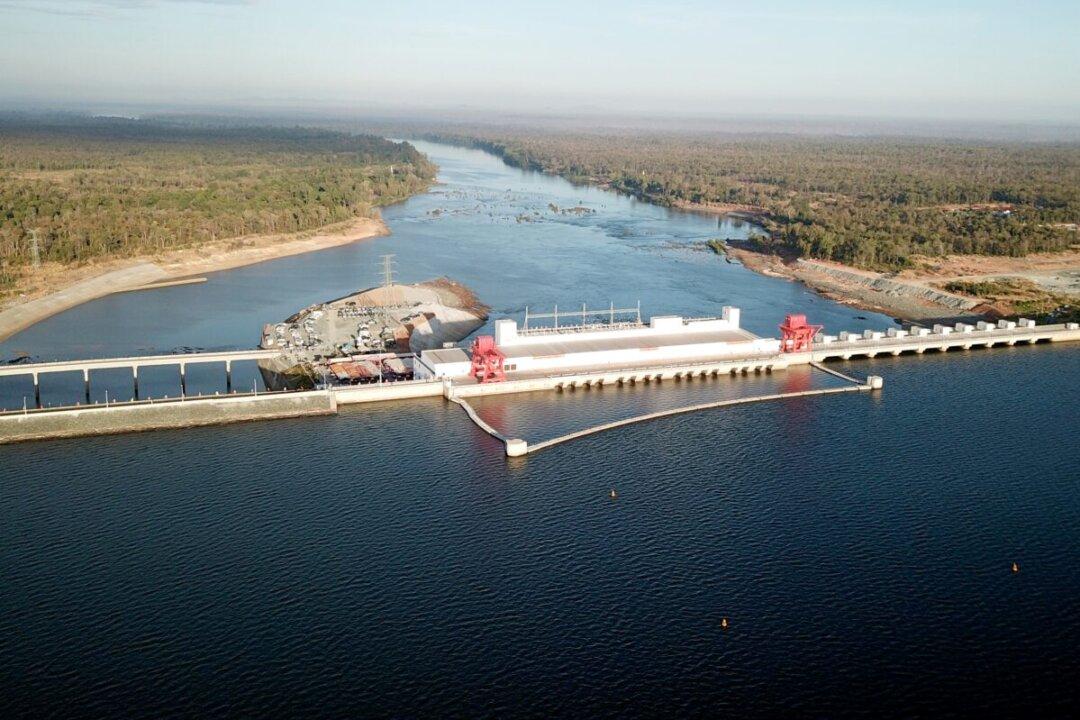Cambodia has begun the construction of its second expressway, funded by a Chinese company, which will link the capital Phnom Penh with Bavet city on the eastern border with Vietnam.
Cambodian Prime Minister Hun Sen presided over a groundbreaking ceremony for the Phnom Penh-Bavet expressway on June 7, the second after the Phnom Penh-Sihanoukville expressway—also funded by China—opened last year.





